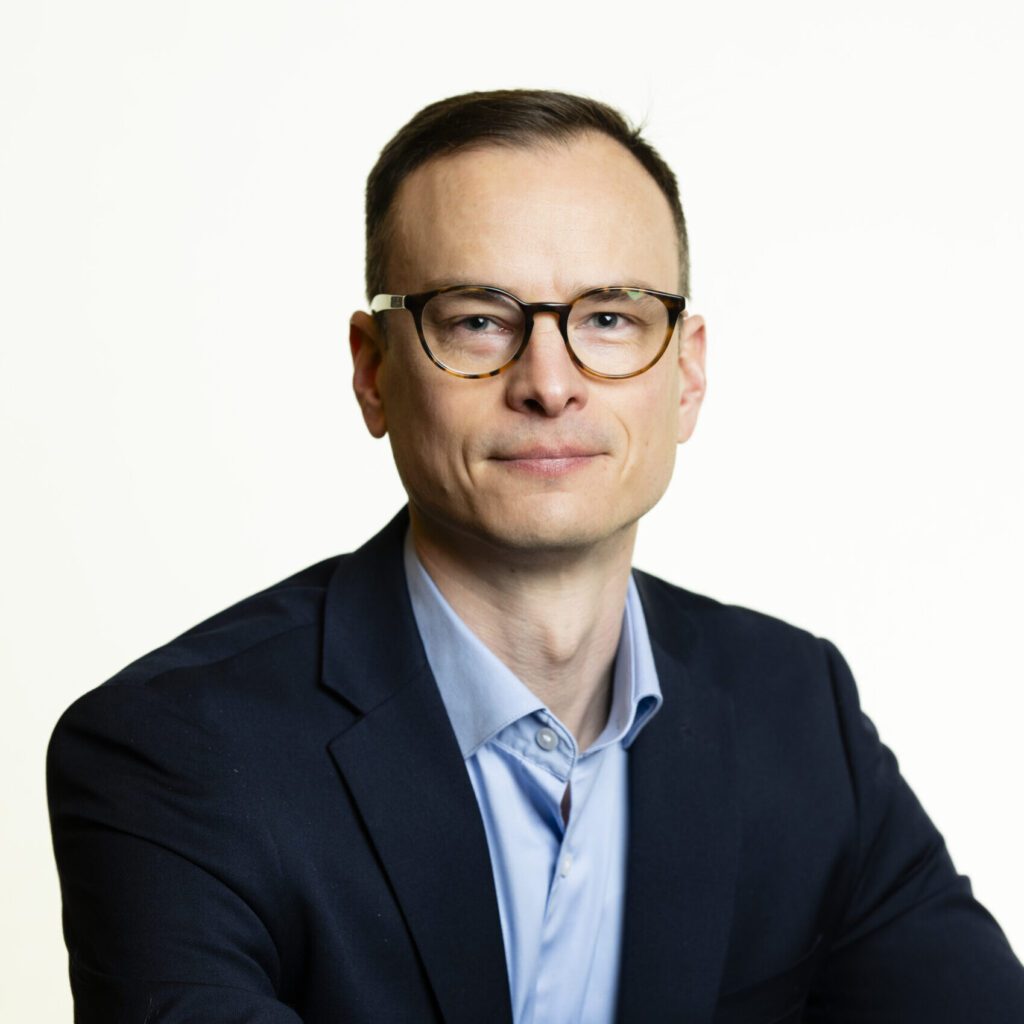Antti Arasto: “Research lays the foundations for things we don’t know we’ll need the day after tomorrow”
Antti Arasto, a research area director at VTT Technical Research Centre of Finland, brings extensive expertise from the energy sector to the Panel. According to Arasto, there is room for all forms of renewable energy and the rivalry between them serves no purpose. In adapting to climate change, it is important to prepare for different future scenarios and to conduct research that helps increase preparedness.
Antti Arasto, a member of the Finnish Climate Change Panel and vice president, and research area director at VTT, is a multi-disciplinary expert on energy-related topics. His research interests include the bioeconomy and solar energy. He has also worked on CCS – carbon capture and storage technologies – and has explored their potential in emissions-intensive industries, for example.
“I have led a national CCS research programme, reviewed CCS concepts and also wrote my PhD thesis on the use of CCS in the steel industry,” he says.
In addition to his research background, Arasto also has experience on the other side of the fence, having worked on the commissioning of power plants.
Arasto explains that climate change mitigation has always been part of his research in one way or another.
“Energy systems and cleantech have been the biggest themes in my career. These issues are very topical now, but research on them goes back a long way,” says Arasto.
More understanding of the impact of actions
Arasto wants the Finnish Climate Change Panel to focus on the systemic impacts of energy systems, i.e. the real climate impacts of different solutions.
He takes the circular economy as an example: the more comprehensively we recycle materials, the more energy we will require to carry out this recycling. So in the energy context, almost everything comes back to energy systems.
“I want to increase understanding of what the impact is when we do something. It is a particularly interesting issue from a pragmatic point of view: how can we prioritise climate change mitigation in the solutions we implement now and tomorrow?” Arasto asks.
Translating words into actions
Arasto explains that many of the solutions we need to achieve carbon neutrality by 2035 are already in existence. And for that reason, the focus now is on translating words into actions.
“We have to accept that we don’t know the optimum solution in every instance, but we can keep searching until we have turned over every last stone. The focus should be on doing and avoiding mistakes as we go,” says Arasto.
When it comes to energy, Arasto wants to avoid focusing on a single solution.
“It’s not about which sustainable form of energy we choose as a solution. We will need all of them – the best solutions and some of the less optimal ones. When it comes to solutions, the time for pitting options against each other is over: energy demand is so high that there is a market for everything. Thus continuing to pit different energy forms, such as solar, bio or wind energy, against each other is completely pointless.”
The big question now is how well our energy system can withstand change, Arasto believes.
“We have to prepare for different futures,” he says.
Research helps us to prepare for the future
In Arasto’s view, the role of research is sometimes overlooked, because it lays the foundations for things we do not know we will need the day after tomorrow.
“In times of change, like now, research offers resilience and increases preparedness. Therefore, it is essential that we do research that goes beyond just the applications of tomorrow,” Arasto concludes.
In his spare time, Arasto shifts his focus from energy to nature. He has been involved in scouting since the age of six and spent a lot of his youth camping in the forest.
“Nature is a big part of my life and my identity. Sailing, fishing, hunting, rock climbing and freeriding are important hobbies for me, and all of them are strongly linked to nature and being in nature,” says Arasto.




